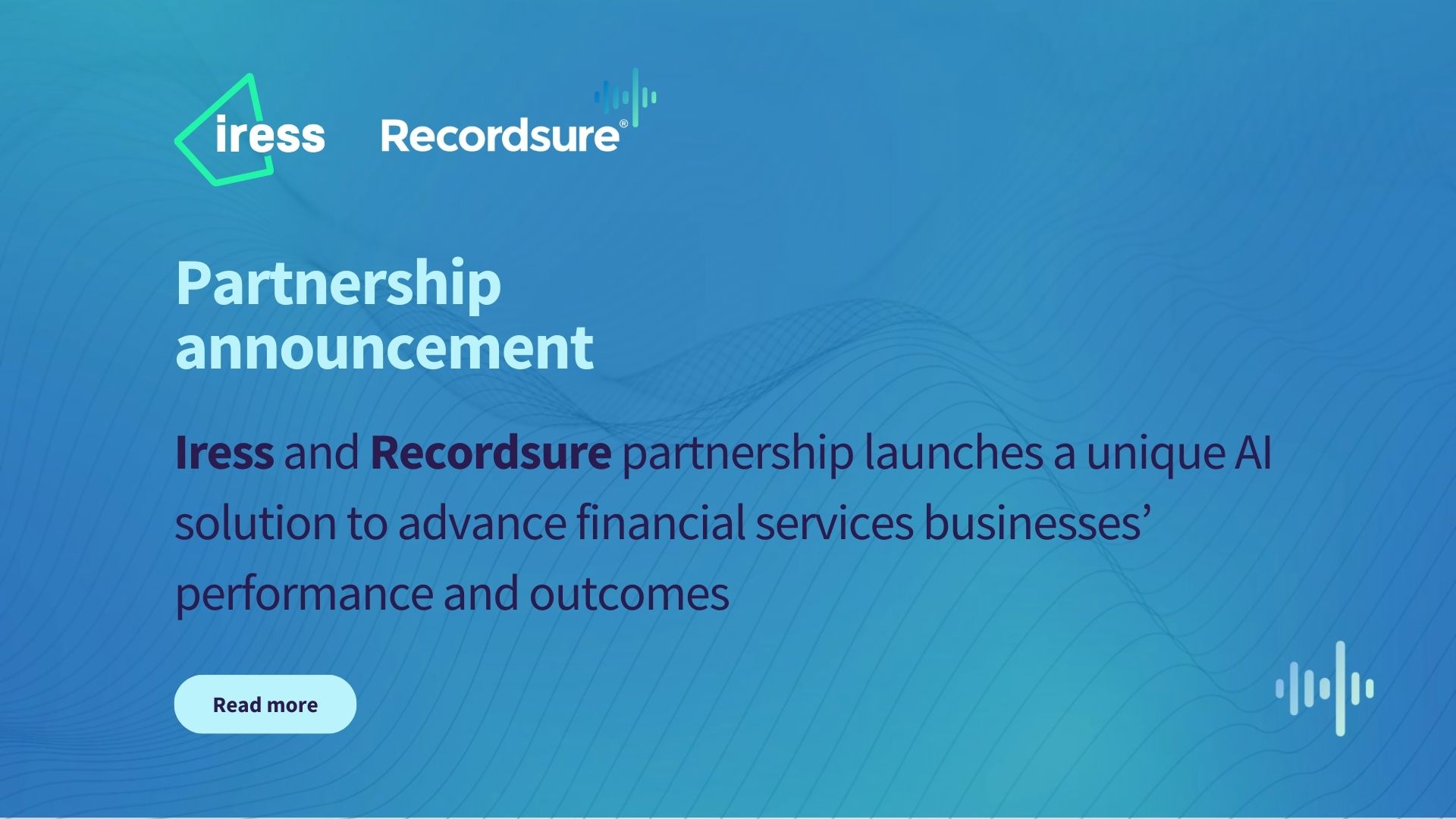At the recent RegTech Talks event exploring financial fraud and the growth of RegTech post-pandemic, Recordsure CEO Joe Norburn discussed how firms can manage risks and ensure good customer outcomes remotely. Here are some of our key takeaways from the content discussed:
The financial services sector has been flipped on its head, with virtually all organisations forced to reconsider processes and, in most cases, accelerate digitisation. Indeed, RegTech holds the potential to keep the industry afloat, but there is an irony that while the need for innovation is greater than ever, the disruption caused by the pandemic can also make implementation a greater challenger than before.
Many organisations find themselves in a position where they have managed to embrace telephony and video call channels to stay connected with their customers throughout lockdown and remote working. Now that the dust is beginning to settle, the next challenge becomes deploying the infrastructure to maintain a high level of quality assurance which is effective across in-person and remote environments.
A different game
The Pandemic has put a phenomenal amount of strain on the financial services industry. Processes have constantly shifted, inbound enquiries have hit record levels, teams have been re-deployed to the front line in areas outside their normal comfort zones and many teams have had to manage this without the stability and close contact of the office environment.
This all leads to a higher risk environment than firms are accustomed to. The challenges on advisers are exacerbated by the fact that supervisors are finding it harder to monitor customer meetings resulting in blind spots and weaker quality assurance. Meanwhile, the disruption is the perfect hunting ground for fraudsters looking to capitalise on any weaknesses they can find in the chain.
Quality assurance
The first challenge many firms have faced is how to maintain accurate records of all customer meetings, which is made harder when a large portion of them are conducted from advisers’ homes via video call. While maintaining a full audit trail is essential for risk management, recording meetings and then doing nothing with the data simply creates different issues.
When customer conversations are recorded and then left to gather dust, there is the risk that important information which was disclosed by the customer is not acted upon. If an audit takes place, the records can in fact provide evidence of unsuitable advice.
So, damned if you do, damned if you don’t? The solution to risk management and compliance increasingly lies in RegTech and AI-driven analytics. Solutions like Recordsure are enabling firms to not only review conversations at exponential speeds to ensure advice offered is consistently suitable, but even to rank customer meetings according to the level of risk they pose in near-realtime, so resources can be targeted intelligently if any follow-up actions are needed. Compliance is about continual process improvements, and innovative technologies like this are essential in meeting the new challenges faced in financial services.
Grassroots compliance
For many compliance issues, the source ultimately lies in training and competency. Creating a positive culture among staff has a profound impact on customer experience and risk management further downstream. The catch is that achieving this wasn’t always east pre-Covid, and is significantly more difficult with remote working thrown into the equation.
Tools like Capture help bridge this gap though to improve performance, conduct and culture. Keeping comprehensive yet easily navigable records of all customer interactions creates unobtrusive ways for supervisors to ensure that the advice being given by their teams aligns with the wider expectations of the firm. Meanwhile, it gives advisers extra support through the ability to self-review, a way to share queries directly with supervisors for a direct feedback loop and reassurance that if there is ever a dispute, they have the records they need to evidence their good conduct.
Old problems and accelerated change
Remote working has accelerated the drive towards digitisation and shown that innovation is key to progression. However, the issues RegTech is solving are typically much older problems which have simply been thrust into the spotlight by the pandemic.
The pressures and stress caused by Covid might seem to make the act of innovating a challenge, but with staff, organisations and end-customers dependent on good advice and robust quality assurance measures, there is an urgent need for technology-driven solutions to improve capabilities. It is more important than ever that rather than firefighting, leaders are considering long-term, sustainable operational models which have flexibility at their core and are equipped to deal with a hybrid future between in-person and remote working environments.






